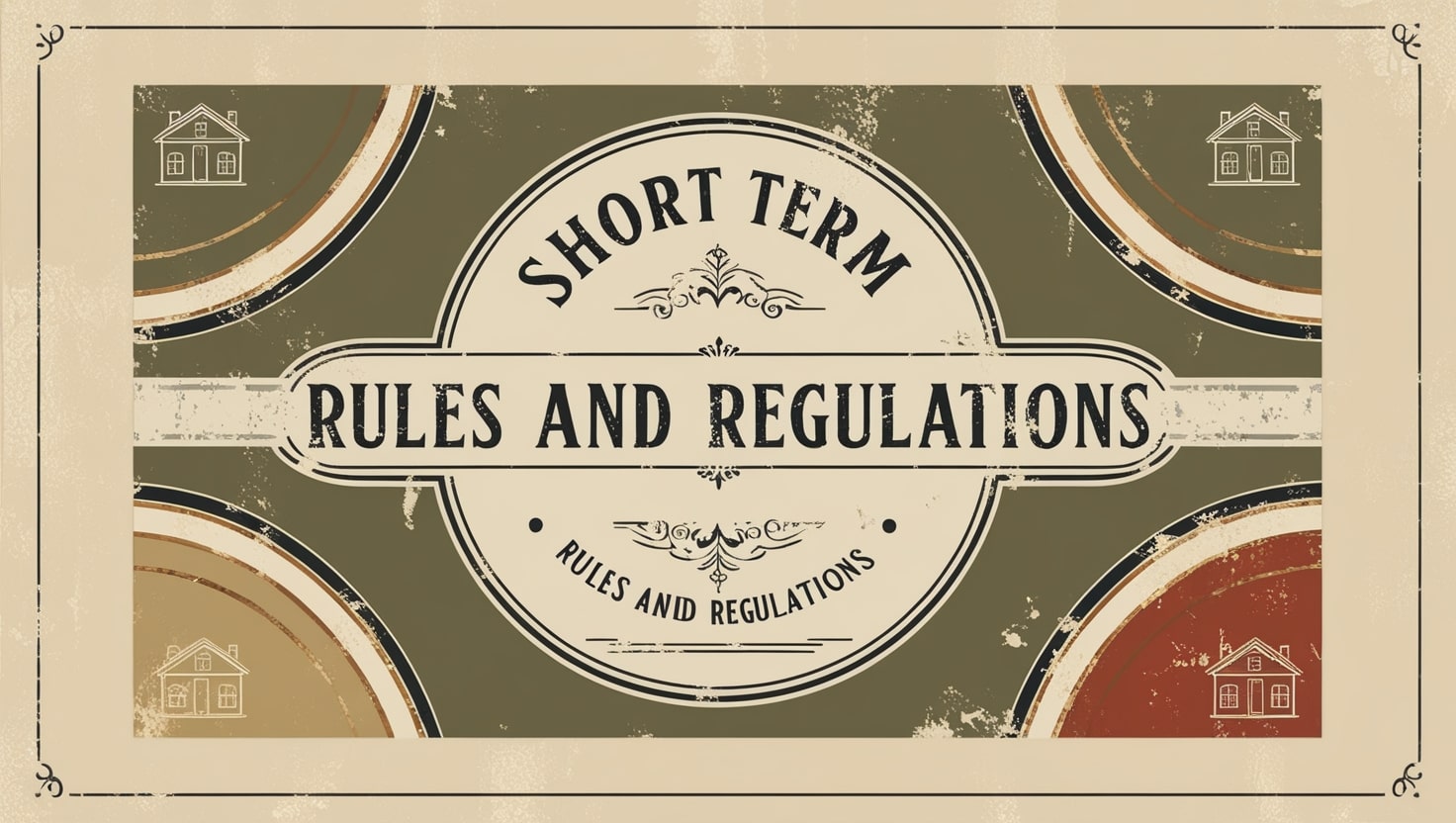san antonio, United States Airbnb Rules & Regulations
Last updated on: 4th July, 2025


Last updated on: 4th July, 2025

San Antonio enforces a comprehensive set of regulations for short-term rentals (STRs), including those listed on platforms like Airbnb. Here’s a brief overview of the key regulations that hosts need to be aware of:
To legally operate as an Airbnb host in San Antonio, you must first obtain a Short Term Rental (STR) permit from the city’s Development Services Department. Two classifications exist:
To apply for an STR permit, hosts need to submit: - A non-refundable application fee of $100 - A detailed floor plan that includes sleeping areas and evacuation routes - Proof of property insurance - Confirmation of Hotel Occupancy Tax (HOT) registration with the city
Permits are valid for three years and must be displayed prominently on Airbnb listings.
Hosts are required to collect and report Hotel Occupancy Tax on a monthly basis, which is currently set at 9% (including local and county taxes). This must be reported directly through the city's payment portal, as the city does not utilize third-party platforms for tax collection.
San Antonio mandates several operational criteria to ensure the safety of both guests and the community: - Inspections: STRs must have working smoke and carbon monoxide detectors, fire extinguishers, and properly marked evacuation routes. - Local Contact: Hosts must provide a 24/7 local contact for emergency response. - Zoning Compliance: STRs must comply with local zoning regulations, and are prohibited in certain zoning districts like C-3, L, I-1, or I-2.
STRs are not allowed to host parties or events, with strict limitations on excessive noise and gatherings, helping to maintain the residential character of neighborhoods.
Local hosts have shared mixed sentiments online. While some appreciate the structured regulations promoting safety and accountability, others express frustration with the permitting process, compliance complexities, and the presence of unregistered competitors.
Overall, compliance with the STR regulations in San Antonio not only supports lawful operation but also contributes positively to the local community while enhancing the safety and enjoyment of visitors. For the latest information or specific inquiries, hosts are encouraged to contact the San Antonio Development Services Department directly.